Premium Only Content
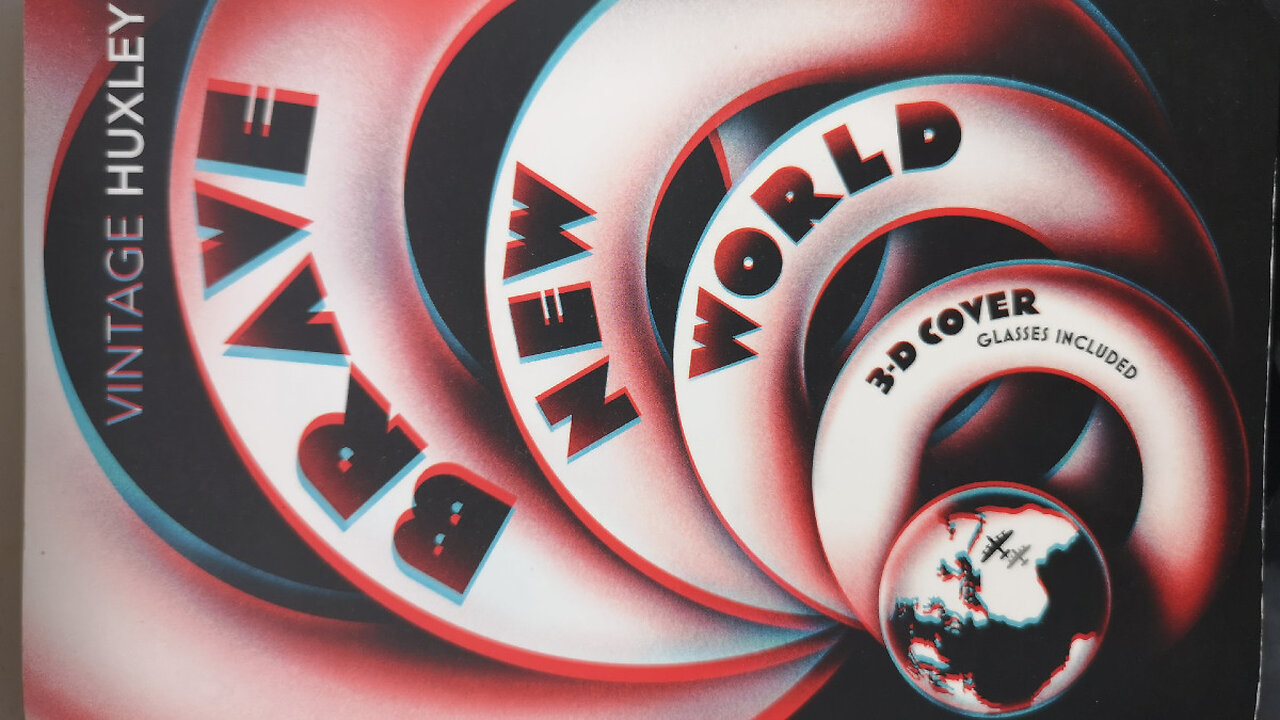
Brave New World: A Dystopian Future Unveiled
"Brave New World" by Aldous Huxley is a dystopian novel that presents a chilling vision of a future society driven by technological advancement and mass consumerism. In this world, individuality, emotion, and intellectual freedom are suppressed to maintain societal stability and control. Here's a summary of the key themes and plot elements in "Brave New World" in 500 words:
World State Society:
The novel is set in the World State, a highly advanced and tightly controlled society where human life is carefully managed from birth to death. The government's primary goal is to ensure happiness and stability through strict social conditioning, genetic engineering, and the use of a mood-altering drug called soma.
Social Classes and Conditioning:
The society is divided into castes, each with a specific function. Alphas are the highest caste, while Epsilons are the lowest. People are conditioned from birth to accept their roles and to value consumerism and instant gratification. Conditioning is reinforced through sleep-teaching, hypnopaedic slogans, and other forms of psychological manipulation.
Technology and Bokanovsky's Process:
Advanced technology, particularly genetic engineering, plays a significant role in creating and controlling the population. The Bokanovsky's Process allows the production of multiple genetically identical individuals from a single egg, leading to the standardization of people's abilities and behaviors.
Soma:
Soma is a drug distributed to the citizens of the World State to maintain their emotional equilibrium. It produces feelings of euphoria and contentment, helping people cope with stress and unhappiness. Soma is a tool of social control, preventing individuals from experiencing genuine emotions or questioning their societal roles.
Lack of Family and Individuality:
Families, love, and traditional relationships have been eradicated. People are conditioned to view sex as a purely recreational activity, and emotional attachments are discouraged. This lack of family bonds and individuality further reinforces societal stability.
John "the Savage":
The novel introduces John, also known as "the Savage," who was born outside the World State on the Savage Reservation. He is the son of two World State citizens who were accidentally left behind. John represents a contrasting view of humanity. He values literature, art, and individuality and is critical of the dehumanizing aspects of the World State.
Bernard Marx and Lenina Crowne:
Bernard Marx, an Alpha, is one of the few individuals in the World State who feels like an outsider. He is physically smaller and less conformist than others in his caste. Lenina Crowne, also an Alpha, is Bernard's love interest. They travel to the Savage Reservation and encounter John.
Conflict and Tragedy:
As Bernard, Lenina, and John return to the World State, their presence disrupts the carefully maintained order. Bernard's efforts to expose the flaws of the society and his fascination with John's uniqueness make him a target of scrutiny. Tragedy unfolds as John's struggle to find his place in the World State leads to his isolation and eventual death.
Societal Critique:
"Brave New World" serves as a critique of the dehumanizing effects of technological progress and consumerism. It explores the price society pays for stability and happiness at the expense of individuality, freedom, and genuine human experience. The novel raises questions about the true meaning of happiness and the cost of conformity.
In conclusion, "Brave New World" paints a stark picture of a future society where technology, conditioning, and consumerism have stripped humanity of its individuality and emotional depth. The novel challenges readers to reflect on the consequences of sacrificing freedom and authenticity for the sake of societal stability and superficial happiness.
-
 LIVE
LIVE
Barry Cunningham
3 hours agoTRUMP WEEKEND BRIEFING! MORE WINNING...MORE LEFTIES LOSING IT!
1,867 watching -
 LIVE
LIVE
Tundra Tactical
2 hours agoIs Trumps Executive Order A Second Amendment Wishlist???: The Worlds Okayest Gun Live Stream
72 watching -
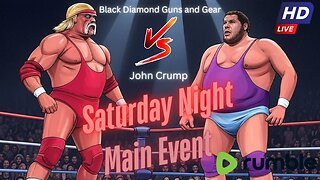 LIVE
LIVE
John Crump Live
7 hours agoSaturday Night Main Event!
132 watching -
 13:57
13:57
TimcastIRL
13 hours agoTrump NUKES IRS After DOGE Investigation, OVER 9000 Employees To Be FIRED
39.8K87 -
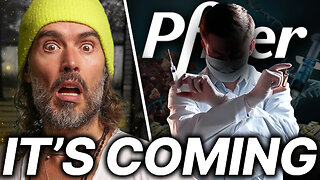 13:35
13:35
Russell Brand
6 hours agoPFIZER JUST MADE THEIR NEXT MOVE AND EXPERTS ARE TERRIFIED
47.2K130 -
 1:15:57
1:15:57
Victor Davis Hanson Show
16 hours agoOver Here, Over There: the Russo-Japanese War and Trumpian Peace Policy
16.8K10 -
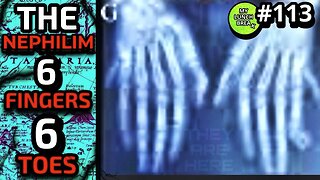 23:55
23:55
MYLUNCHBREAK CHANNEL PAGE
1 day agoThe Nephilim Are Here
55.8K34 -
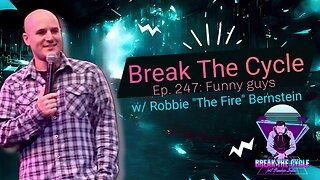
Break The Cycle w/ Joshua Smith
3 hours ago $0.31 earnedBreak The Cycle Ep. 247: Funny Guys w/ Robbie "The Fire" Bernstein
6K -
 41:26
41:26
TheTapeLibrary
18 hours ago $5.97 earnedThe Disturbing Horrors of the Trans-Allegheny Lunatic Asylum
38.4K1 -
 10:07
10:07
Tundra Tactical
4 hours ago $4.25 earnedTRUMP'S HUGE GUN RIGHTS MOVE!
23.3K6